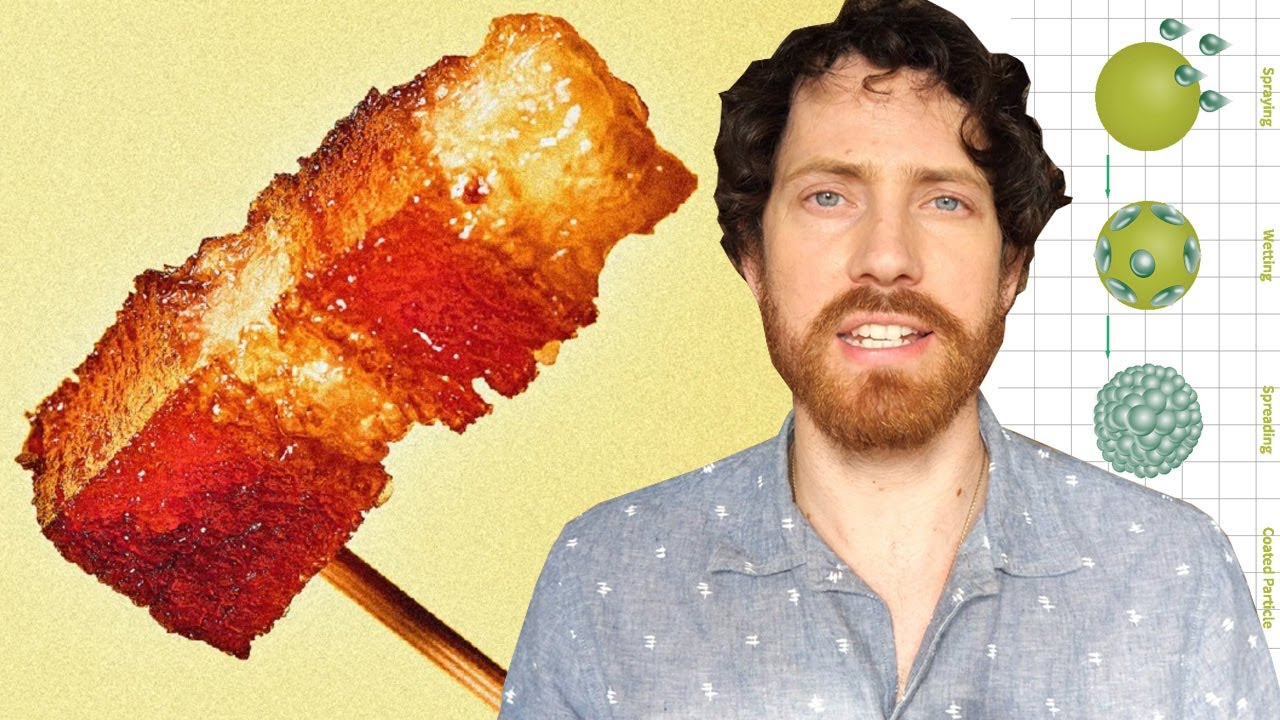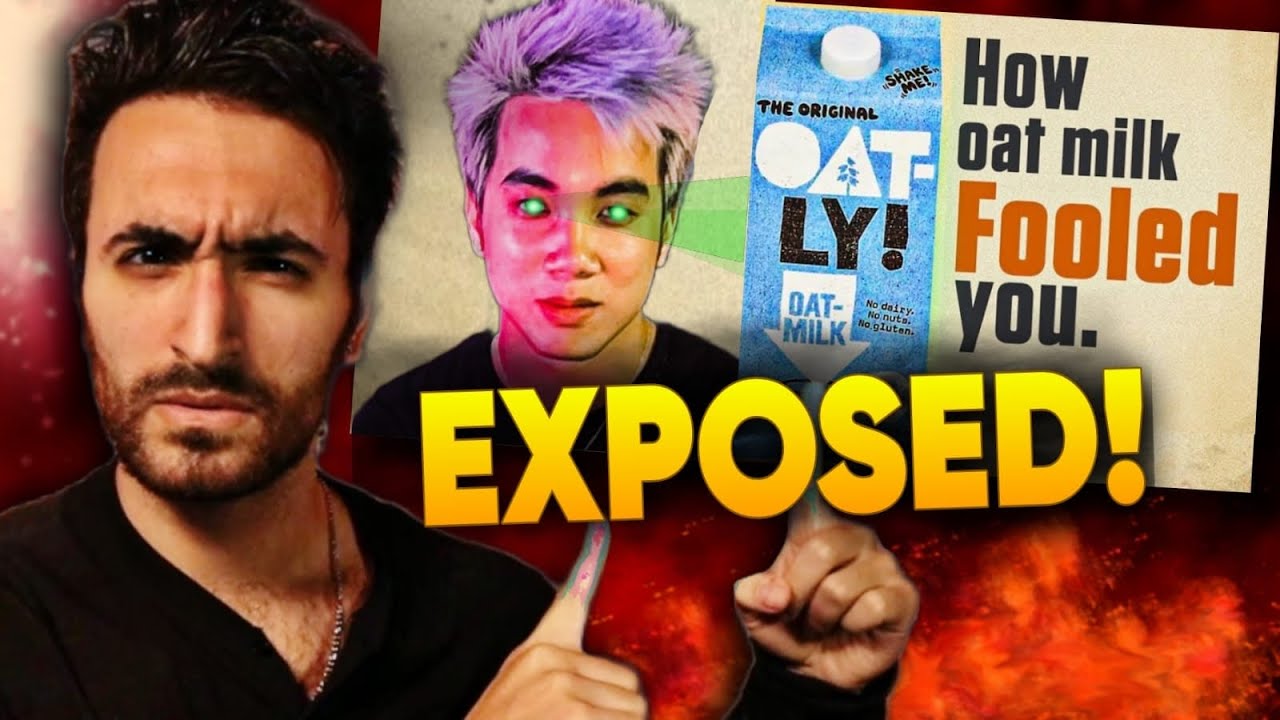

I come from the perspective of someone who felt tricked into years of animal exploitation by the welfarist position. I wasted hundreds if not thousands of dollars buying grassfed, free range, yada yada bullshit.
And in my view I should have just either kept that money or just went vegan. I don’t think jt did anything good, I don’t think it moved the world further at all. All it did was make me poorer and make me delay doing the right thing, the thing that does make a difference, which is going vegan.
Its not to say I wouldn’t engage in dirty pragmatism when I’m arguing with others. I emulate my best friend who made the biggest impact on me. I’m ok using any means necessary to make carnists reduce their consumption of animal products, including praising “small steps” like Veganuary or meatless monday or something. But my friend never coddled my delusion of animal welfarism and I also draw the line there.
Would I vote on a bill that made battery cages illegal? Sure. Would I try to convince carnists to also do that? Sure. That’s the extent of it. I’m not going to tell someone cage free is ok or better. Id just focus on how bad battery cages are.



True, I guess for my closing remarks and bringing it back to the OP, my ethical backing for veganism is partially consequentialist in both my direct actions (supporting exploitation) and indirect actions (not actually exploiting, but causing conditions that could be condusive to exploiting).